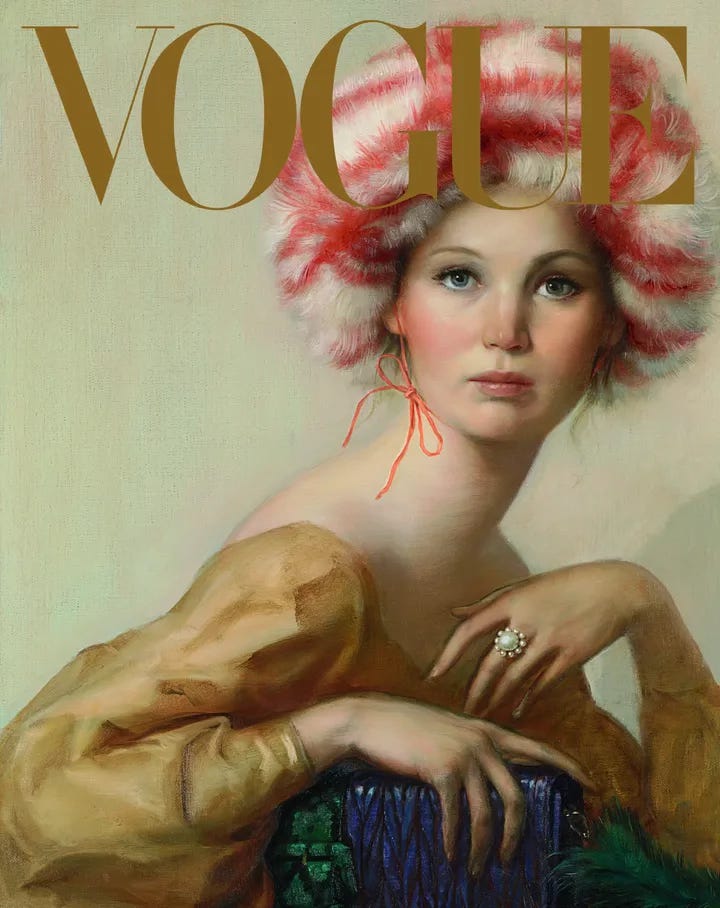I remember reading somewhere that when photography boomed, painters and aficionados of painting had severe doubts about the art form's future chances of survival. Before I continue, I want to reassure you that this piece will not be a rousing discussion on the merits of painting versus photography (that discussion is at least a few centuries too late). Instead, it is my random attempt at introspecting *I guess*, the true significance of a photograph. More specifically, a photo of yourself.

I conjured this idea for this story in my head a few weeks ago when I randomly stumbled on decade-old photographs of myself somewhere online and had this epiphany that so much of how I photographed myself and documented my puberty was a ruse, a deceit if you will, directed towards myself and the world around me. Then, my mind deviated for a bit, as it tends to, and I questioned if it was entirely an act of identity-building?
In the photographs I discovered, my facial features were distorted edited to the gods, and I was as 'artistically' unrecognisable as one can get in their teens. As I venture into the final quadrant of my twenties, I often wonder now if this old tendency to make myself more beautiful/artistic and borderline unrecognisable in photographs is, in many ways, my compulsive need to exert control over all aspects of my life. I have experienced several mind fucks in recent times with regard to my self-identity and being photographed, where for instance, I realised my tendency to feel great about my likeness based on a single photograph I have taken and edited myself. Then, have that confidence wholly shattered when I surrender that control and have my picture taken by someone else.
As I write this, I am reminded of when Khloe Kardashian — because all my introspections have to relate to a celebrity, somehow — was embroiled in a needless controversy where she was very upset about an unedited picture of hers surfacing online. In the lengthy statement that followed, she detailed years of bullying at the hands of the general public and how heavily that had skewed her self-esteem. I remember feeling split back then; somehow, my views have remained unchanged. On the one hand, I firmly believe she is entitled to do whatever she pleases with her likeness. Whether that is a valid response to the disproportionate trolling she receives is really not anyone's but her own story to tell.
On the other hand, as someone whose notoriety and wealth are entirely derivative from their likeness, I don't think one should complain about the discourses surrounding their looks and body. It is incredibly dehumanising, yes, but one ought to wonder if it is ethically correct to complain about the hamster wheel of beauty standards when you're a willing participant and when every tweak you make to succumb to the pressure is directly or indirectly inflating your wealth in a way most people cannot even fathom. This paradox begs the question of whether you can be both a victim and a beneficiary of a toxic system at the same time?
I mention the Kardashians here because their ascend to superstardom is a case study for many on how the visual medium of photographs, in tandem with social media, can be used to self-mythologise and create a personal narrative. A narrative that can be true but, more often than not, is either inaccurate or entirely false. It is a framework that has trickled down in all our lives and resulted in a hyper-image-focused generation suffering from low self-esteem, mental health issues and low morale, for instance. I wonder if we could've avoided these pitfalls by sticking to painting. On the flip side, perhaps photography eclipsed painting because it shifted focus from the artist to the self. While centring on oneself is liberating, a monster will always do as it pleases.


